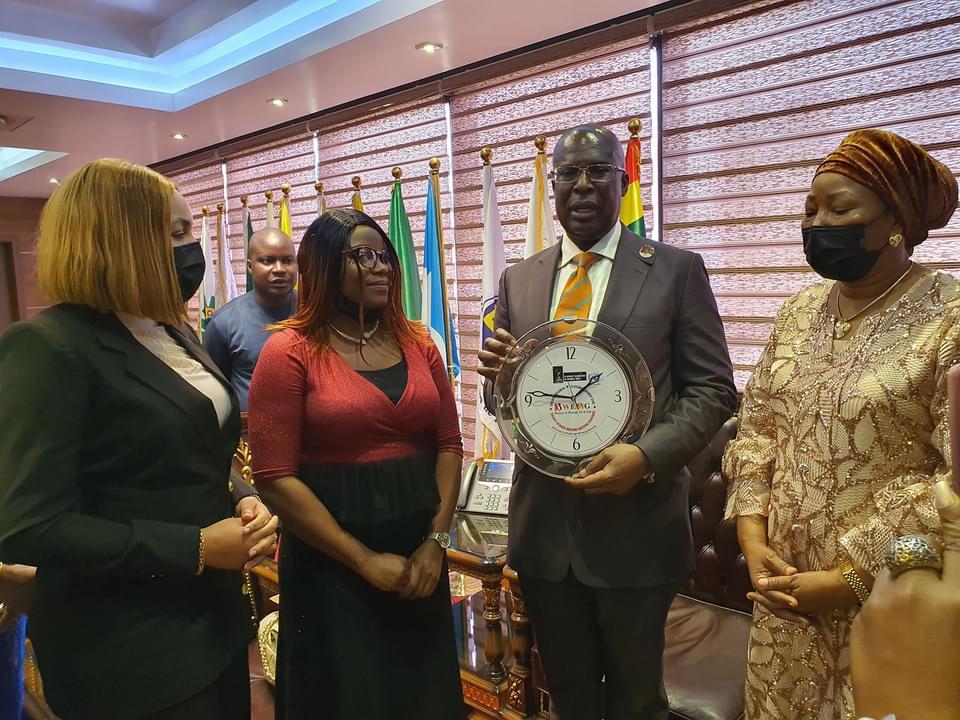Business
ANLCA Seeks N200bn Compensation From Bank Over Demurrage

The Association of Nigerian Licensed Customs Agents (ANLCA) has called for the payment of over N200 billion compensation on demurrage and storage charges incurred by customs brokers and freight forwarders as a result of Guarantee Trust Bank’s suspension over alleged non-remittance of import duty collected on behalf of the Federal Government .
The foremost customs brokers association insisted that its members have lost about N200 billion in the line of duty.
Speaking in Lagos recently on behalf of the association, the National Secretary of ANLCA, Alhaji Babatunde Mukaila, expressed dissatisfaction over the slow responses by management of GTB on the suspension with Nigeria Customs Service (NCS).
Mukaila noted that the association was aware that NCS gave GTBank two weeks notice to resolve their challenges.
The scribe said despite the marching order from the NCS, GTB has not resolved the issue or made alternative arrangement for the interest of their clients.
The ANLCA chieftain said its members won’t bear the cost of demurrage incurred, while insisting that they won’t let go of the losses.
He recalled that in the past, some banks have had similar problems, but quickly appointed a receiver bank pending the resolution of the matter.
Speaking with representatives from GTBank in Lagos, Mukaila stressed that the approach of the Gtbank amounts to negligence on their.
“Where there is negligence, someone or group suffers the detriment and as such in every detriment there must be compensation.
He reiterated that the aims and objectives of the association is to protect its members, while asking the bank officials how they intend to mitigate the losses.
Other members of the association in attendance also took turn to condemn the bank’s attitude and concluded that there will be no stand down on demand for adequate compensation.
In his response, the representative of GTbank, Lanre Kola-Banjo, apologised to the customs brokers, explaining that the problem was a result of technical fault from the server.
He however debunked that they were given two weeks notice.
Contrarily, he said, “we woke up one morning only to discover that we had been disconnected”.
Meanwhile, he said they have contacted their customers who were directly involved, apologised and explained the circumstance to them.
He further explained that it was after they had been suspended from accessing the NCS portal that they were given 2 weeks to fix the technical problem or face serious sanction.
According to him,”the problem has been resolved since the 9th September”.
He promised to take ANLCA’s demands to the top management of the bank for further action.
By: Nkpemenyie Mcdominic, Lagos
Transport
Nigeria Rates 7th For Visa Application To France —–Schengen Visa

Transport
West Zone Aviation: Adibade Olaleye Sets For NANTA President

Business
Sugar Tax ‘ll Threaten Manufacturing Sector, Says CPPE

In a statement, the Chief Executive Officer, CPPE, Muda Yusuf, said while public health concerns such as diabetes and cardiovascular diseases deserve attention, imposing an additional sugar-specific tax was economically risky and poorly suited to Nigeria’s current realities of high inflation, weak consumer purchasing power and rising production costs.
According to him, manufacturers in the non-alcoholic beverage segment are already facing heavy fiscal and cost pressures.
“The proposition of a sugar-specific tax is misplaced, economically risky, and weakly supported by empirical evidence, especially when viewed against Nigeria’s prevailing structural and macroeconomic realities.
The CPPE boss noted that retail prices of many non-alcoholic beverages have risen by about 50 per cent over the past two years, even without the introduction of new taxes, further squeezing consumers.
Yusuf further expressed reservation on the effectiveness of sugar taxes in addressing the root causes of non-communicable diseases in Nigeria.
-

 Niger Delta4 days ago
Niger Delta4 days agoPDP Declares Edo Airline’s Plan As Misplaced Priority
-

 Sports4 days ago
Sports4 days agoSimba open Nwabali talks
-

 Nation4 days ago
Nation4 days agoHoS Hails Fubara Over Provision of Accommodation for Permanent Secretaries
-
Niger Delta4 days ago
Stakeholders Task INC Aspirants On Dev … As ELECO Promises Transparent, Credible Polls
-
Niger Delta4 days ago
Students Protest Non-indigene Appointment As Rector in C’River
-
Rivers4 days ago
Fubara Restates Continued Support For NYSC In Rivers
-

 Oil & Energy4 days ago
Oil & Energy4 days agoNUPRC Unveils Three-pillar Transformative Vision, Pledges Efficiency, Partnership
-

 News4 days ago
News4 days agoDiocese of Kalabari Set To Commence Kalabari University

